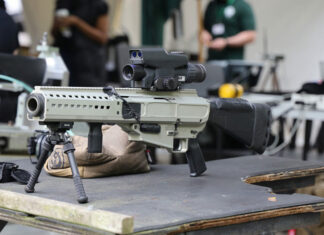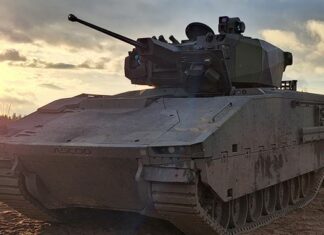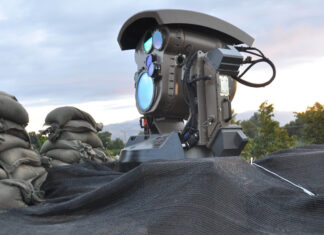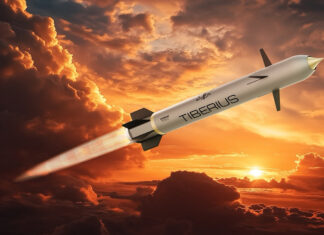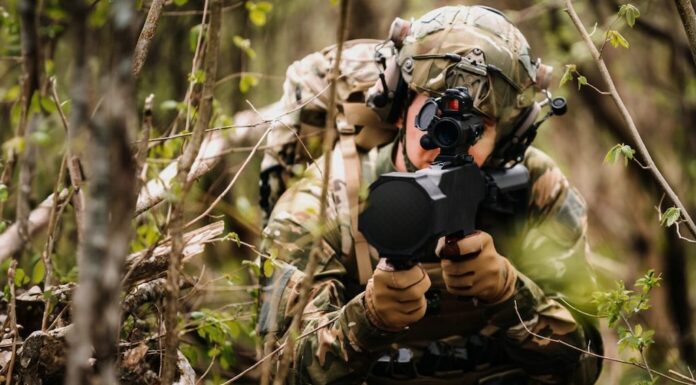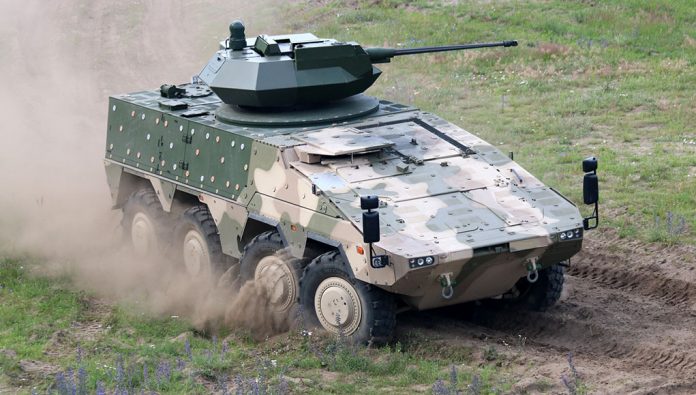
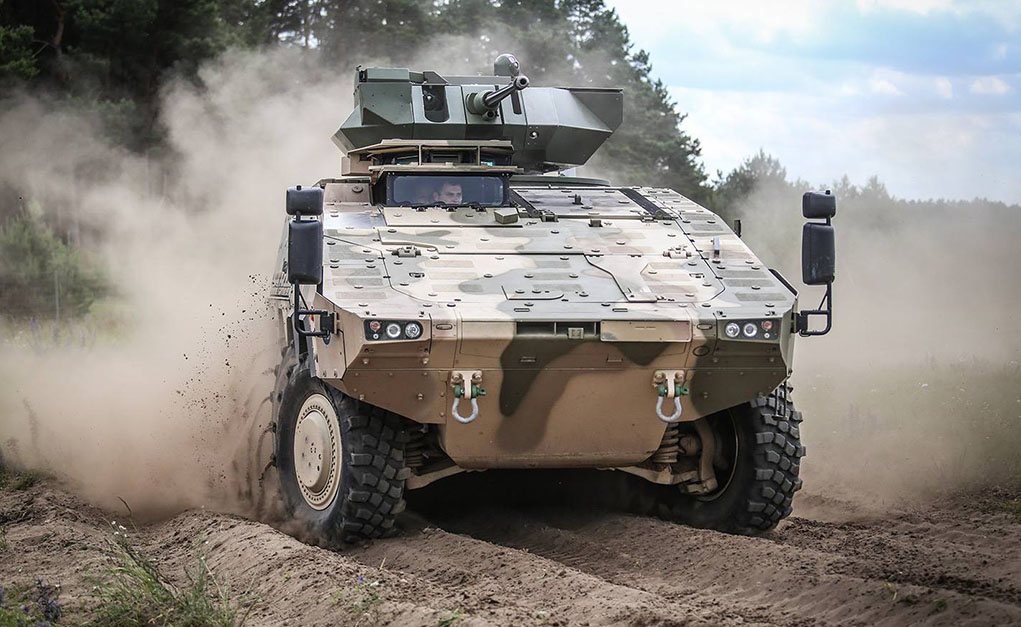
Armored Lithuania confirmed this week its order for 88 Boxer 8×8 infantry fighting vehicles (IFV) armored vehicles signed with the German consortium ARTEC. The Lithuanian military will call this vehicle ‘Vilkas’, which means ‘wolf.’
The contract worth 390 million Euros (US$435 million) was signed on August 22. The vehicles will be produced by two German defense manufacturers – the KMW group and Rheinmetall Defense. The selection of the German vehicle was announced on December 11, 2015. Deliveries of the Boxer vehicles will commence by the second half of next year and will last through 2019. They will equip the ‘Iron Wolf’ mechanized brigade, and; possibly another infantry brigade to be formed in 2021. KMW will manufacture 53 vehicles, Rheinmetall will make the remaining 35.
Powered by a 530 kW (720 HP) turbo-charged diesel engine, the Boxer has a top speed of over 100 km/h with a combat weight of 36.5 tons. The vehicle’s modular concept – consisting of driver cab and mission modules – results in outstanding flexibility and versatility.
Lithuania evaluated some vehicles, including the Swiss MOWAG/Piranha, the AMV from Patria in Finland, the French VBCI offered by Nexter, Italian SuperAV from Iveco, and two Turkish designs – the 8×8 Arma from Otokar and PARS from FNSS. The German Boxer was the one recommended by the MOD evaluation commission but was also one of the most expensive – one of the reasons for the high cost was the turret, as the Germans offered the Lance turret which is a derivative of the turret already used in the German Puma Infantry Combat Vehicle.
Based on the Lithuanian recommendation, an alternative turret was considered (and eventually accepted) – the Israeli Samson 30mm MK II remote weapon station turret made by RAFAEL. This turret is designed unmanned operation, it offers a low silhouette, and supports a unique reloading capability from inside the vehicle, enabling the crew to restock ammunition in the turret without being exposed. It is designed to mount main and secondary armaments, of Eastern and Western origins, including a 30/40 mm automatic cannon, 40 mm Automatic Grenade Launcher (AGL) and 7.62 mm coaxial machine gun. Additionally, the turret has space for anti-tank guided missiles, and smoke dischargers. In its basic configuration the Samson Mk II is unarmored, but can be applied with armor protection meeting STANAG levels 1-4.
The turret has two dual-axis, gyro-stabilized, retractable, sights, and weapon mounting system, supporting independent operation for the commander and gunner, enabling ‘hunt-kill’ functionality for the crew. In addition to rapid traverse, the RWS supports very high elevation angles of up to 70 degrees – making it suitable for urban warfare.
Lithuania becomes the third international operator of the Boxer. To date, only two nations opted to buy the vehicle – Germany and the Netherlands. Australia is also evaluating a version of the German 8×8 vehicle for its Land 400 Phase 3 armored scout program. The Bundeswehr already has 405 of these vehicles in its inventory, while the Dutch armed forces own a further 200. Operational experience gained in Afghanistan confirms the Boxer’s significant contribution to military sustainment and mobility.
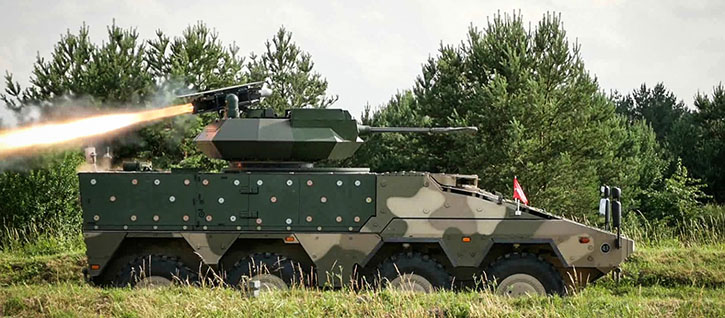
In addition to the formation of the Lithuanian Iron Wolf mechanized regiment with the Vilkas, neighboring Estonia has recently acquired 79 tracked Armored Infantry Fighting Vehicles (CV9035NL) from the Netherlands, and Norway and Latvia formed a mechanized regiment with 123 armored reconnaissance vehicles supplied from British Army surplus. The three nations are equipping their vehicles with anti-tank guided missiles, namely RAFAEL’s Spike LR (Lithuania and Latvia) and Javelins (Estonia).
Located at Russia’s doorstep, the Baltic states are equipping with military hardware to beef up their defensive posture against possible escalation with Russia, or spillover of the conflict in neighboring Ukraine. For years NATO members refrained to supply the Baltic states with advanced weapons, to prevent escalations with the Russians. However, following the situation in Ukraine, the Baltic States European states are willing to assist and sell advanced military equipment while the Baltic states are increasing defense spending and cooperation within NATO.





